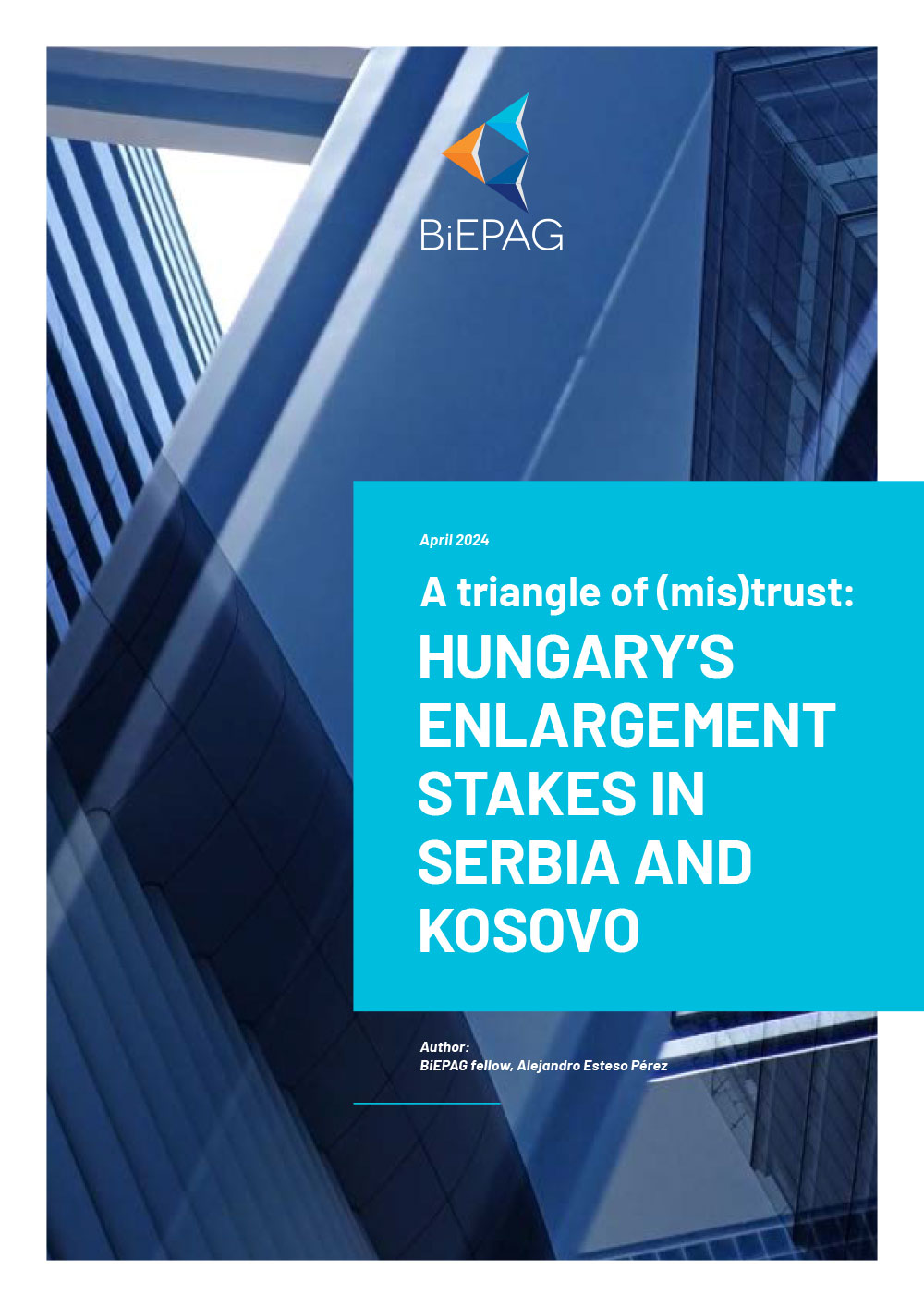

Since regaining executive power in 2010, Hungarian Prime Minister Viktor Orbán has turned his country’s domestic political and social spheres upside down, while rendering Hungary instrumental in its obstructionism at the heart of the European Union’s (EU) decision-making and operational machinery. In his quest for ally and resource diversification, Orbán is multifaceted in his relations with the six countries of the Western Balkans, among which Serbia undoubtedly stands out as his preferred partner. Budapest’s brotherly relations with Belgrade, predominantly cemented upon the inter-personal connections between Orbán and Serbian President Aleksandar Vučić, frame a sizeable portion of its approach to EU enlargement. In light of this privileged partnership, though, several concerns emerge not only in relation to Budapest’s enlargement vision but also with respect to its political ties to other countries in the region—where Kosovo stands out as the most critical case.
Hungary currently finds itself at a triangular juncture between Serbia and Kosovo, built on the premise that maintaining bilateral relations equally with both countries could compromise its well-nurtured ties with Belgrade. To avoid this, Hungary will enact a policy supportive of Serbia’s domestic and international goals, even if that has negative implications for Kosovo’s national interests and places Hungary’s open recognition of Kosovo under scrutiny.